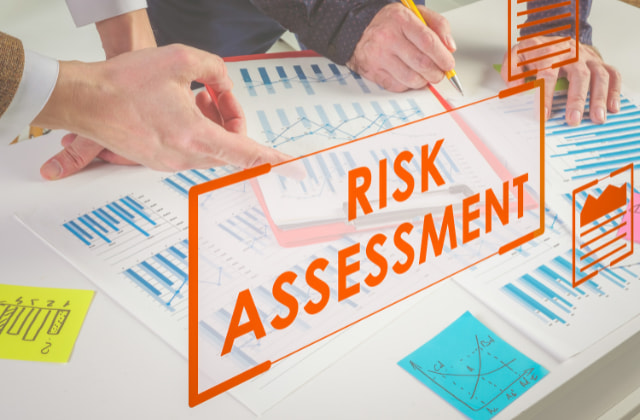The Significance of Understanding the Importance of Risk Management in Various Industries

The Core Principle of Risk Management and Its Purpose
Risk Management, the cornerstone of numerous industries, hinges on the recognition, analysis, and mitigation of unpredictabilities in a company environment. It is an important practice that allows organizations to safeguard their assets, credibility, and total survival. By properly determining prospective risks, companies can develop techniques to either stop these dangers from taking place or reduce their effect. The assessment process entails examining the possibility and potential severity of these risks. When risks have actually been identified and assessed, the reduction process involves developing approaches to lower their potential influence. This process is intermittent and continuous, making certain that services are planned for the ever-changing nature of Risk in various markets. The main function, therefore, is to foster durability in the middle of uncertainties.
Advantages of Implementing Risk Management in Company Procedures

Revealing the Function of Risk Management in Different Industries
While every market confronts its distinct collection of threats, the execution of Risk Management methods continues to be a common measure in their quest of sustainability and development. In the medical care industry, Risk Management requires ensuring patient safety and security and data security, while in financing, it involves mitigating financial investment threats and guaranteeing governing compliance (importance of risk management). Construction business focus on worker safety and security, job delays, and spending plan overruns. In the modern technology field, business alleviate cybersecurity threats and technology obsolescence. Eventually, the duty of Risk Management throughout industries is to identify, analyze, and alleviate threats. It is a Click Here crucial element of tactical planning, allowing companies to safeguard their assets, make best use of possibilities, and accomplish their purposes.
Real-life Study Showing Successful Risk Management
To recognize the significance of Risk Management in these many fields, one can look to a number of real-life circumstances that highlight the successful application of these actions. Toyota, upload the 2011 quake in Japan, revised its supply chain Management to reduce disruption threats. These instances show how sectors, discovering from dilemmas, effectively used Risk Management strategies to decrease future risks.
Future Fads and Advancements in Risk Management Approaches
As the world continues to develop, so too do the trends and advancements in Risk Management techniques. Rapid advancements in innovation and information analytics are reshaping the Risk landscape. Huge information and AI are currently crucial in predicting and mitigating risks. Organizations are leveraging these tools to build predictive versions and make data-driven decisions. Cybersecurity, as soon as an outer concern, has actually catapulted to the center of Risk Management, with approaches focusing on prevention, discovery, and feedback. The combination of ESG (Environmental, Social, Administration) elements right into Risk Management is another expanding pattern, mirroring the boosting acknowledgment of the role that social and environmental risks play in service sustainability. Thus, the future of Risk Management depends on this link the blend of advanced technology, ingenious methods, and a holistic technique.
Conclusion
In final thought, understanding the significance of Risk Management across a spectrum of industries is important for their longevity and success. Tailored techniques can assist reduce potential risks, safeguard assets, and foster stakeholder trust. go to my blog In addition, proactive decision-making help in governing compliance and enhances source usage. Inevitably, effective Risk Management adds to more sustainable and durable organizations, highlighting the importance of this practice in today's dynamic and very competitive service atmosphere.
While every sector challenges its unique collection of risks, the implementation of Risk Management techniques stays an usual in their search of sustainability and development. In the medical care industry, Risk Management entails ensuring individual safety and information defense, while in money, it involves mitigating financial investment risks and ensuring governing conformity. Eventually, the function of Risk Management throughout markets is to recognize, assess, and mitigate dangers. These instances show exactly how sectors, discovering from crises, efficiently used Risk Management techniques to decrease future threats.
